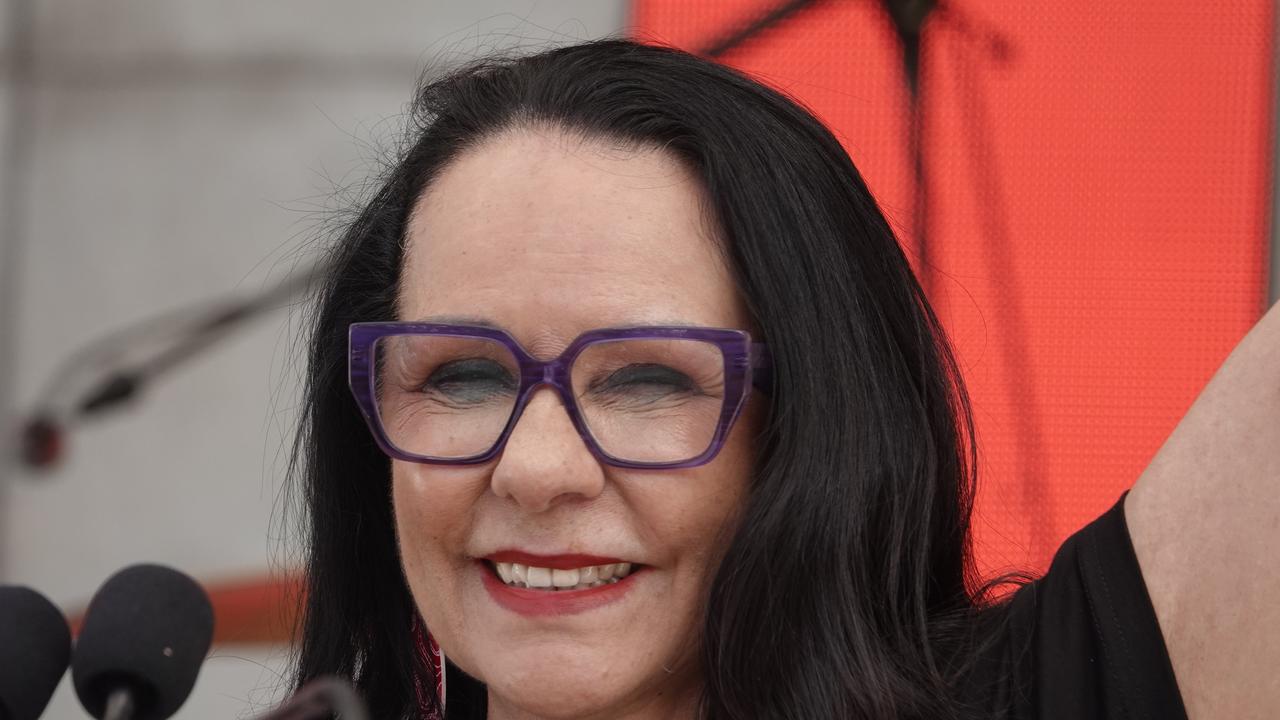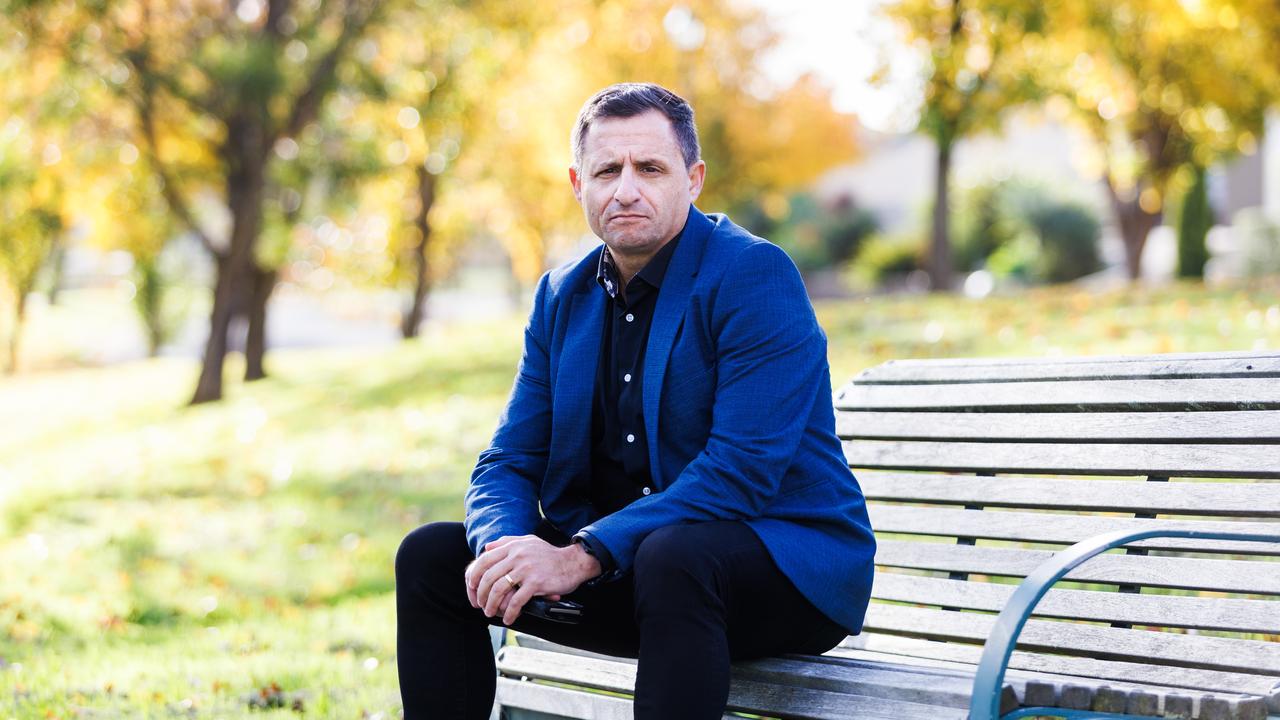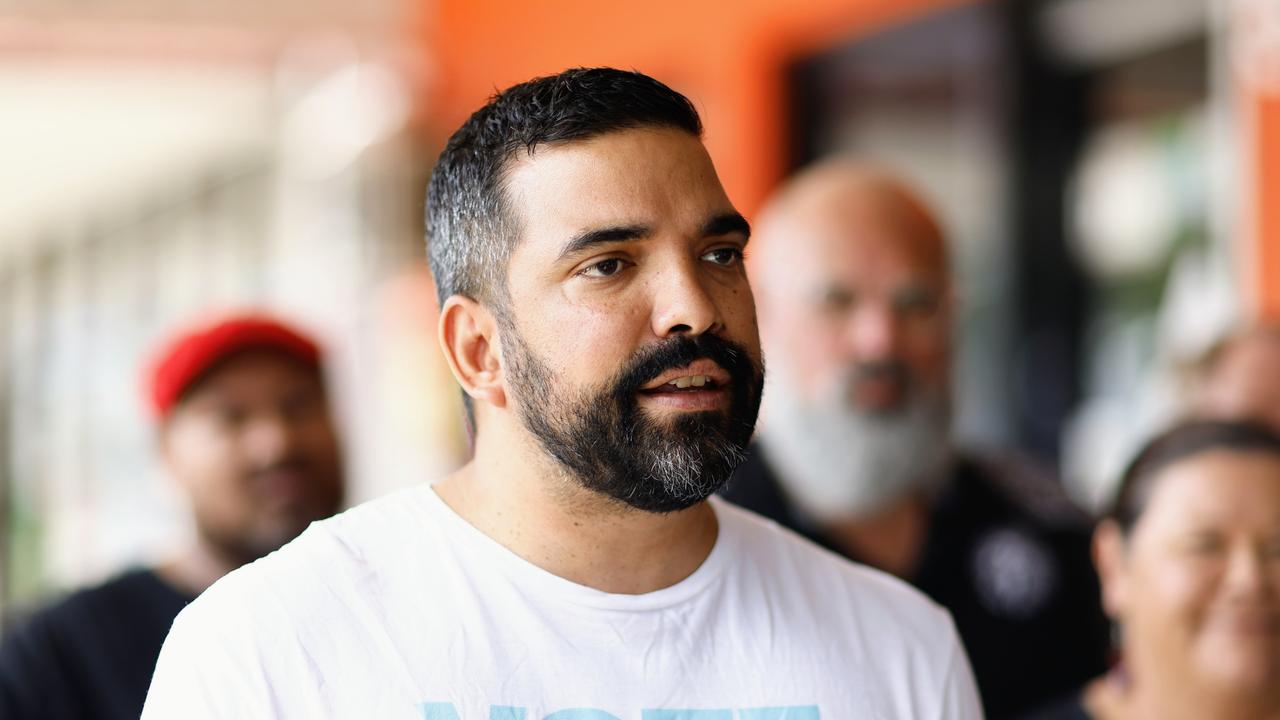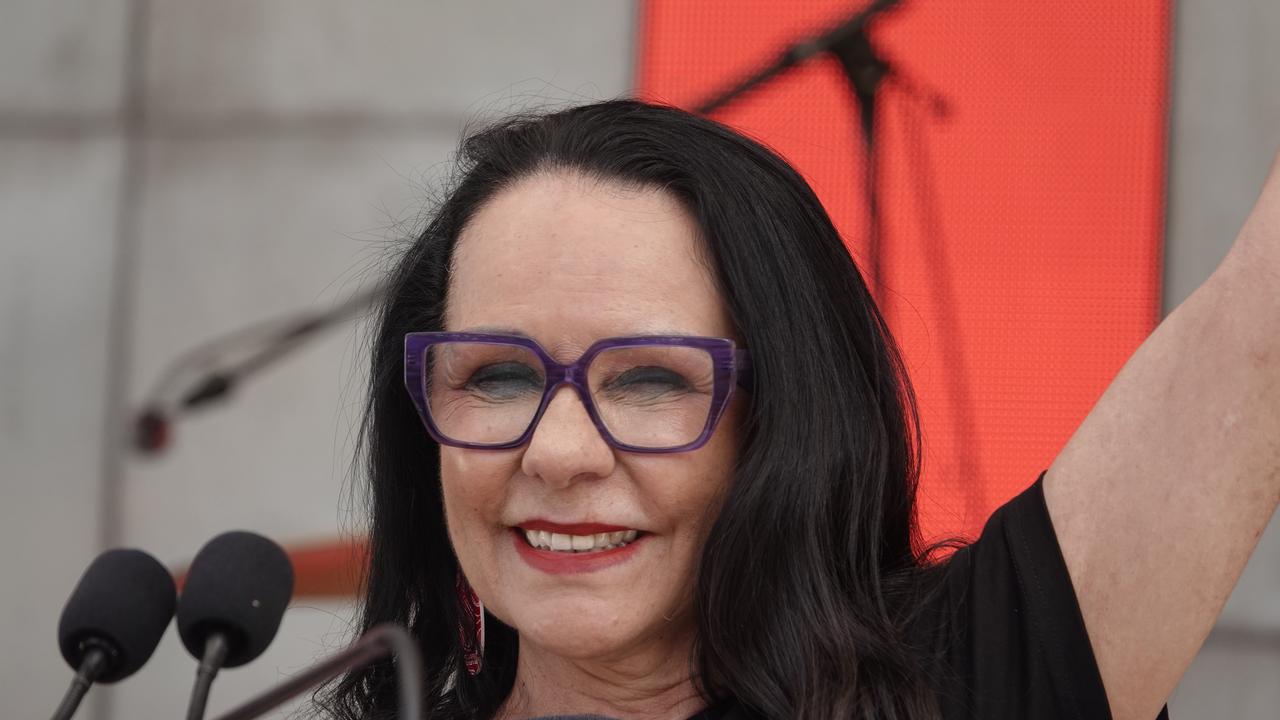Three big ‘mistakes’ Yes side has made in Voice to Parliament referendum
A leading Aussie pollster has identified three mistakes the Yes campaign has made as support for the Voice to Parliament continues to slide.

A leading Australian pollster claims the Yes campaign has made three crucial mistakes in the lead-up to the Voice to Parliament referendum as support continues to slide.
Aussies will head to the polls in less than a month to decide whether to enshrine an Indigenous Voice to Parliament in the Constitution.
Nationally, the polling average for Yes has fallen below 45 per cent; and pollsters say if support for the referendum continues to decline at the rate it’s going, come October 14 Yes is on track for a worse result than in the republic referendum.
Kos Samaras, director at influential polling firm Redbridge, told 4BC’s Ned Green that the Yes campaign should have been running an “information campaign” for the first six months of the year to better explain how the advisory body would work.
Lack of detail
Mr Samaras said the lack of detail played into the No campaign narrative “If you don’t know, vote No”.
He went on to criticise what he claimed was a lack of experience at the top of the Yes side at a campaign level.
“People who are running these campaigns are not usually what you would define as campaign professionals. You usually find those individuals in political parties,” he claimed.
“The people running these campaigns probably don’t realise you have to start early, particularly when you are dealing with an issue that could be potentially divisive.”
The pollster said the Yes campaign should have urgently switched gears when it became clear that a perceived lack of detail would be a major talking point.
“Once Peter Dutton said he was voting No and the bipartisan approach was gone if I was in the Yes camp I would have said, ‘We need to get our skates on because this is going to be a problem’,” he said.
“They needed to run a strong information campaign, how it is going to be structured, and then wait at the end to run those emotional ads.”

Advertising too late
Mr Samaras also called out a new ad by the Yes campaign where a young Indigenous boy asks tough questions about his future, claiming the move was too little too late.
“It has taken them a while to produce a creative narrative that pitches to the heart string … that tells a simple story about why people should consider voting Yes,” he said.
He said there were around 40 per cent of voters who were considered ‘soft” and could vote Yes or No.
The Yes side will need to win two thirds of these voters to achieve a double majority needed for a successful referendum, Mr Samaras said.
Grand final season
“Grand final season” is the worst time to play “catch up politics”, according to the leading pollster.
“The cost of ads during grand final season is incredibly expensive,” he said.
Most Australians, he argued, have not engaged with the Voice, with cost of living at the top of people’s mind.
“They have some vague understanding of the referendum,” he said.
“If they are ambivalent, it may be easier to convince people to vote Yes. The ad pitches to their emotional side may succeed, but it is a big ask.”

Polls trending No
Mr Samaras was blunt in his assessment of how the different states were trending.
He said Queensland and Western Australia were “gone”, with NSW and Victoria trending towards a No majority.
According to Redbridge polling, Tasmania is the only state tipped to vote Yes while South Australia is considered a “flip state”.
The Yes side needs to win four states and the national result to carry the required “double majority” for constitutional change.
Anthony Albanese hits back at “lack of detail’ criticism
Mr Samaras’s comes as Anthony Albanese has hit back at Voice to Parliament critics who say the proposal lacks detail.
The Prime Minister told voters there was “nothing to fear” about the upcoming referendum, saying that it is “just about recognition, and then about an advisory body”.
Speaking to 10 News, Mr Albanese insisted there is nothing wrong with the amount of detail in the proposal.
“The detail is there and of course, the Parliament will determine the composition and procedures of the Voice,” he said on the program. He went on to say that those who question why the referendum has to occur before the set-up of the Voice is worked out are not asking a “genuine question”.
“The Constitution sets out the principles and the beauty of this proposal is that it doesn‘t interfere with the primacy of the Parliament, it reinforces it - that’s the whole point,” he said.“It will be up to Parliament to determine the functions and procedures, composition of the Voice and that has been the way that our Constitution is written.
“It says we’ll have a defence force, it doesn’t say how many tanks we’ll have, it doesn’t say where the bases will be, it doesn’t say what the size of our army should be.”

Polls predict significant loss for Yes camp
In the February Newspoll, support among 18-34 year olds for the Yes vote was at 70 per cent, but by September that had fallen to 55 per cent.
Support has also fallen among people with university degrees and people who speak another language at home – other demographics considered Yes strongholds.
Polling analyst Simon Jackman this week projected the poll average for Yes would be just 38.4 per cent on referendum day – with a five per cent margin of error and other caveats.
The Yes vote in the 1999 republic referendum garnered 45.1 per cent of the national vote.
Mr Samaras said while a victory for the Yes vote seemed extremely difficult at present, it was “not impossible”, because ultimately there were still so many unengaged voters.
“There could be a wild swing in support for the Yes campaign, but what we’re seeing is that people are just not animated,” he said.
“They’re more concerned about other issues than the Voice referendum.”
Mr Albanese has for months tried to maintain a message of optimism and hope, but in a press conference last week warned of the risk of a No vote.
“This is a hand, outstretched, asking for the hand to be joined. That’s all it is. Who in Australia, when a hand goes out, dismisses it and doesn’t shake? That’s what we’re asking of Australians,” he said.
“This is a chance to get this done on October 14.”
Asked whether he had confidence in the campaign to pull off a “miracle”, Mr Albanese said he had belief in Australians.
“I’m confident that every Australian will take up the opportunity to vote Yes,” he said.
“To vote Yes for recognition, to vote Yes for walking together on the journey of reconciliation.
“ … I sincerely hope that Australians vote yes.”
-with Eli Green, Ellen Ransley, NCA NewsWire






